‘The Howlin’ Wolf Album’: More Than A Psych-Blues Novelty Record
A controversial album for both Howlin’ Wolf and his fans, ‘The Howlin’ Wolf Album’ remains a fascinating listen.
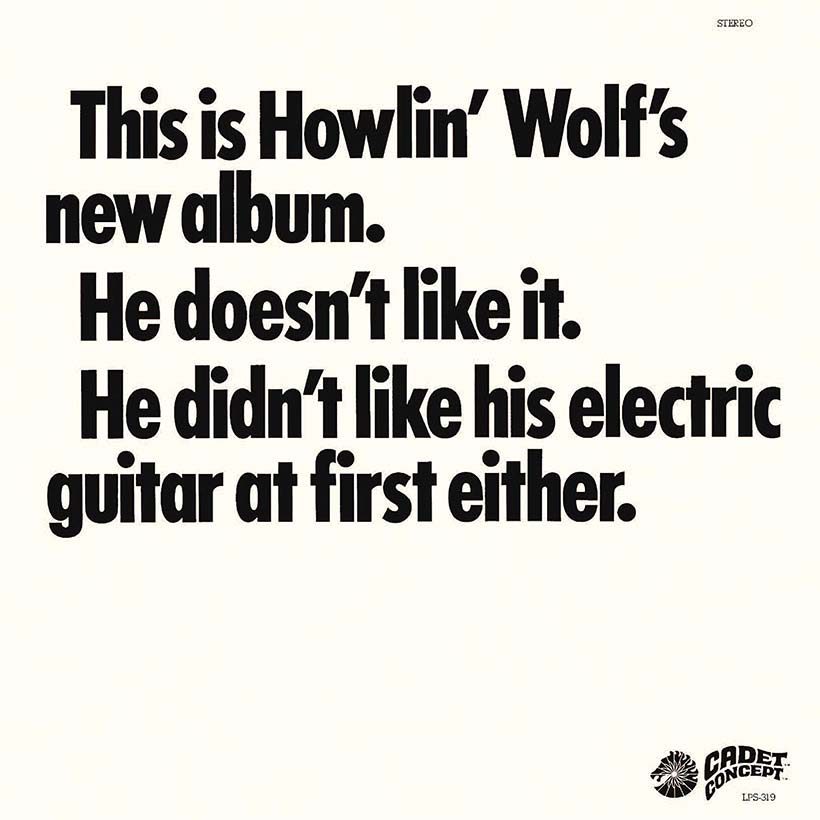
The acclaimed bassist Phil Upchurch played with jazz greats Dizzy Gillespie and Jimmy Smith, with blues legends BB King and John Lee Hooker, and even starred on Michael Jackson’s Off The Wall. But he counts as his strangest sessions the two he did in the late 60s with Muddy Waters (Electric Mud) and on The Howlin’ Wolf Album, for Chess Records subsidiary Cadet Records.
In 1968, Marshall Chess, the innovative son of label owner Leonard Chess, placed Waters, and then Wolf, in a setting of psychedelic sounds. Chess Jr wanted “to get them out with the hippie crowd”, according to Upchurch, and brought in the Chicago psychedelic soul group Rotary Connection as the backing band. The results in both cases were controversial. Waters described his album as “dogs__t”, while Wolf fell out with his fellow musicians, such as Pete Cosey and Roland Faulkner.
Wolf, the blues legend born Chester Arthur Burnett, does his best to sing the Delta blues over a backdrop of wah-wah and fuzz effects. Singer and band certainly sync on a new version of “Smokestack Lightning,” a song Wolf used to sing as a boy watching the trains go by in the Mississippi town where he was born, on June 10, 1910. His old musical partner Hubert Sumlin, who played on the magnificent 1959 Chess album Moanin’ In The Moonlight, joins him on this track, recorded in November 1968, along with the graceful flutist Don Myrick.
Another success is Wolf’s own composition “Evil,” in which the bluesman sounds like a ghost of Tom Waits’ future, growling and rasping his way through some potent lyrics. Waits, incidentally, was inspired by Wolf’s “otherworldly singing”, saying, “I’ve always looked to Wolf for guidance, and probably always will.”
Cosey remembers a fractious atmosphere at the Ter Mar Studios in Chicago. The Rotary Connection guitarist, who had played on Chess singles with Chuck Berry and was soon to join Miles Davis’ band, said: “I had an Afro hairstyle at the time and he said, ‘Yeah boy, you need to go get a haircut, and while you’re on your way to the barbershop, take that bow-wow pedal of yours and throw it in the lake.’”
The band members, aware of Wolf’s status, did their best to make The Howlin’ Wolf Album work, as they recorded new versions of some of his most memorable songs, including “Spoonful,” “Red Rooster,” “Moanin’ At Midnight” and “Built For Comfort.” Gene Barge, who was well known in the music world as Daddy G – he had played on “Rescue Me” by Fontella Bass and was the man who persuaded Chess to take a chance on the young Buddy Guy – played electric saxophone on the album. He recalled, “Howlin’ Wolf didn’t like it, didn’t want to do it. He would cuss and fuss the whole time. He questioned the fact that we were taking him out of his orbit. He was a traditional blues boy, with traditional music, and he was concerned about whether he could do it or not. We told him, ‘Regardless of all this stuff, don’t change your style. We’ll just drop this stuff in all around you.’”
Wolf’s unease about the project prompted a bold marketing gamble by Marshall Chess, who addressed the issue on the album’s sleeve. The design, with black text on a white background, stated: “This is Howlin’ Wolf’s new album. He doesn’t like it. He didn’t like his electric guitar at first either.”
The Howlin’ Wolf Album was made at a time when Chicago blues was thought to be a dying art form. Wolf resisted this. In a spoken introduction to the final track, Wolf says, “Now listen, peoples. Everybody said the peoples don’t like the blues… but you’re wrong. See, the blues come from way back and I’m gonna tell you something again, the things that is going on today is not the blues, it’s just a good beat that people are carrying. But when you come down to the blues, I’m gonna show you how to play the blues. Now you just sit here and watch me.”
He then slides into a blistering version of Willie Dixon’s “Back Door Man,” a song he had first recorded in 1962.
The Howlin’ Wolf Album gained a cult following, however, and reached No. 49 on the Billboard charts. Half a century later, it definitely has more to it than just novelty value.
Listen to the best of Chess Records on Apple Music and Spotify.


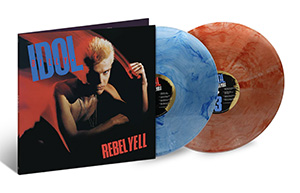
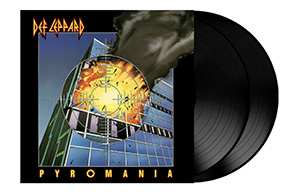
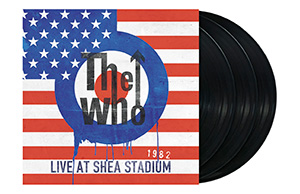



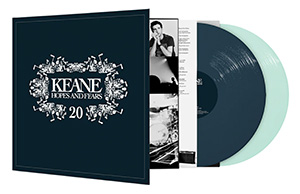
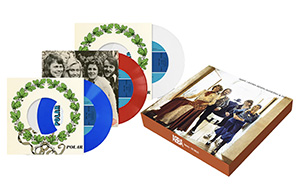
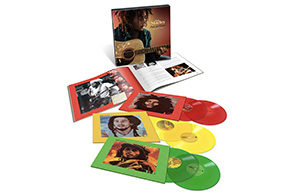
Chris Nesly
February 27, 2018 at 9:01 am
Muddy Waters record an LP with wha-wha again !… 😉 – To me no more effects or pop/rock “gimmicks” are necessary to express the love, compassion, – suffering too – of Blues-Music… It’s for the nuts ! “Keep on truckin’, Brothers” ! <3